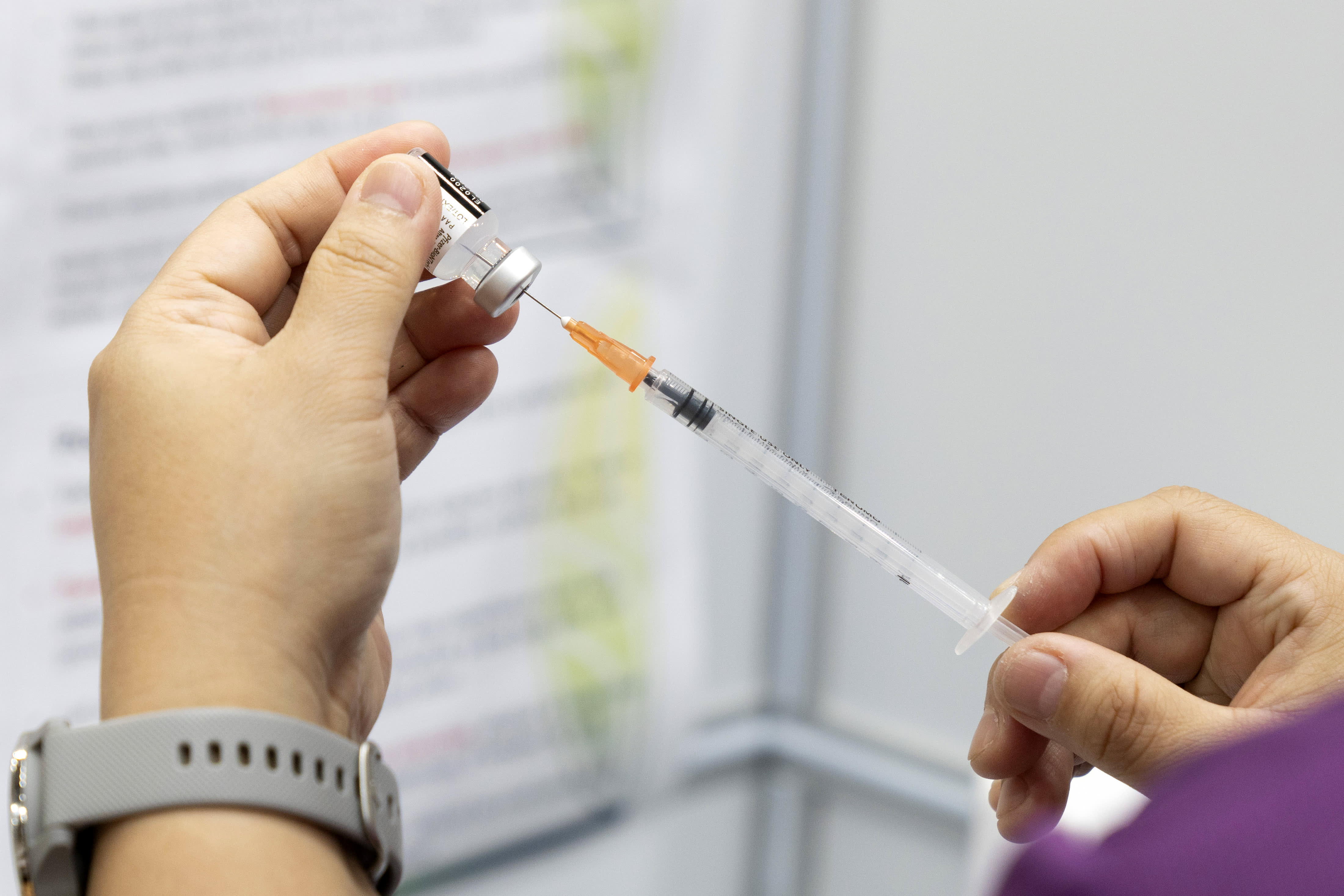Former Obama administration official Dr. Kavita Patel told CNBC on Monday she expects a Covid vaccine booster will, eventually, be authorized by U.S. regulators due to new, more transmissible coronavirus variants.
“With the threat of the delta variant and potentially other looming variants in the future, it seems like it’s an inevitability that we’re going to need a booster shot,” Patel said on “Squawk Box.” ”But that trillion-dollar question is, when? It seems like six months might be too soon.”
The comments from Patel, who now works as a primary care physician in Washington, came before Pfizer representatives met with federal health officials Monday to discuss the potential need for Covid booster shots.
Pfizer recently said it is developing a booster shot to combat the highly transmissible delta variant. In that announcement, the drugmaker cited internal data and a study in Israel that shows people experiencing declining immunity from Pfizer’s two-dose vaccine six months post-vaccination, at the same time delta is becoming the dominant variant in the country.
The company said a third dose of its existing vaccine could help fortify immunity levels. Over the past several months, executives from both Pfizer and its German partner BioNTech have said people will likely need a third vaccine dose within a year of getting fully vaccinated.
Shortly after Pfizer’s announcement last week, however, the Centers for Disease Control and Prevention and the Food and Drug Administration released a joint statement saying fully vaccinated Americans do not need booster shots at this time.
That’s a view echoed by health experts such as Dr. Ashish Jha, dean of Brown University’s School of Public Health. Jha told CNBC on Friday he has “not seen any evidence, so far, that anybody needs a third shot.”
While Patel said data indicates all three of the currently authorized Covid vaccines in the U.S. — the two-dose Pfizer and Moderna vaccines and the single-dose Johnson & Johnson vaccine — provide “more than enough immunity” to protect against severe hospitalization and death, she did not criticize Pfizer for working on the booster shot.
“I think what we know is that certainly immunity, even from six months ago, decreases over time. The question is, over how much time?” said Patel, who served as director of policy for the Office of Intergovernmental Affairs and Public Engagement in the Obama administration.
People should not take a third vaccine shot right now, Patel warned.
“We’ve seen patients who have unintentionally done that, or even intentionally done that, and they’ve had even more dramatic side effects than the second shot. So, I would not encourage anyone to do that,” Patel said.
If a booster shot eventually is recommended by regulators, Patel said, people should expect the CDC to begin issuing recommendations for certain populations, similar to how the initial vaccine rollout went with an emphasis on high-risk populations. “It will not be come one, come all,” she said.
Patel said the conversation around booster shots in the U.S. must consider the global impacts given the challenging rollout in other parts of the world.
“It’s not going to help the United States if the remainder of the world remains unvaccinated and they could have had an opportunity to have hundreds of millions of doses because we got a booster,” Patel said.
